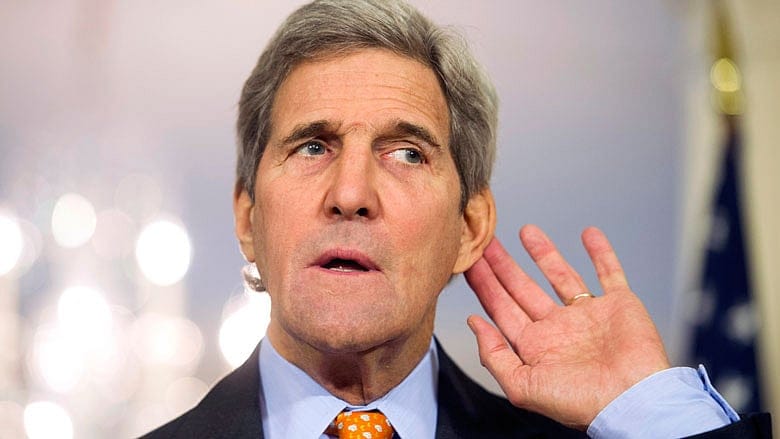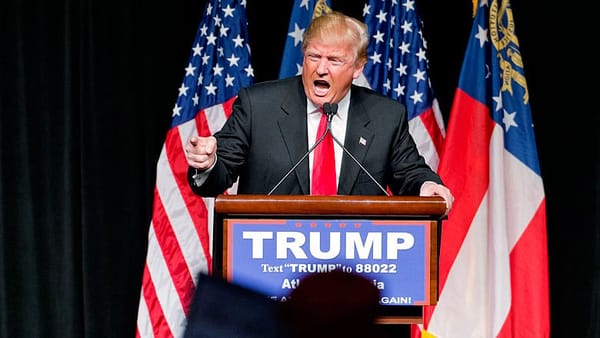Syria truce: No monitors on the ground to ensure compliance

(CNSNews.com) – A "cessation of hostilities" in Syria, announced Monday and due to take effect on Saturday, will not be formally monitored on the ground – despite the fact that the U.S. and Russia have been at odds for months over exactly who Russian airstrikes are targeting in Syria.
State Department spokesman Mark Toner confirmed that there would no monitoring force on the ground to ensure compliance, although he said "modalities" for monitoring the truce were still being worked out.

